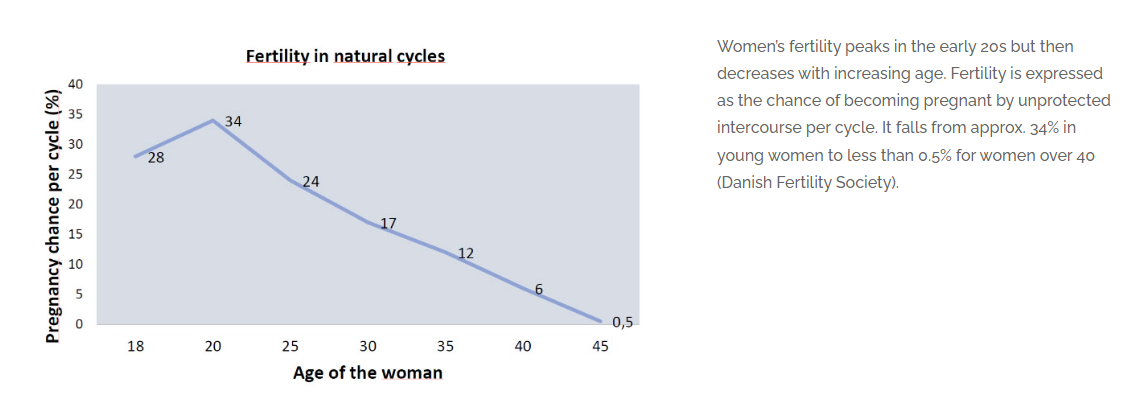Sociobiology

Fuchsia
- Joined
- Apr 9, 2022
- Posts
- 10,955
- Reputation
- 12,314
Involuntary Childlessness - women that are unable to conceive despite trying too.
Some experiences of involuntary childlessness:
Involuntary childlessness refers to people who are living without children when they deeply wanted to be parents. People of any age or gender can be childless-not-by-choice, due to a multitude of complex reasons. These can include infertility, trouble conceiving, financial reasons, bereavement, difficulty adopting, waiting until it is ‘too late’, circumstantial reasons (such as not wanting to be a single parent, prior caring responsibilities for relatives), dealing with ill mental health, and more.
Some experiences of involuntary childlessness:
Due to psychogenic and organic disorders, decreased libido, premature ejaculation, and erectile dysfunction can be seen in infertile male patients [182]., Somatosensory amplification and depression scores were found to be significantly higher in the group consisting of males who have difficulties in erectile function. Duration of infertility was correlated positively with somatosensory amplification and depression and negatively with erectile function scores [183]. In another study, the detection rate of depression in women was found to be higher than in men who are registered to IVF/ICSI program [184]. According to Algan [185], infertile women are more likely to show some psychological symptoms (such as somatization, obsessive-compulsive symptoms, interpersonal sensitivity, depression, anxiety, paranoid thought, psychoticism level, and general symptom level) than fertile women. However, Benli [186] did not find any difference between infertile and fertile women in terms of depression and anxiety. In infertile women, those who had negative feelings about the treatment process and those who thought that infertility had a negative impact on their life were found to have high scores of depression and anxiety, and those who did not have a source of support during the treatment process had high depression scores [186].
There is no definitive data on involuntary childlessness in Australia — something that advocates say is sorely needed. The last census in 2016 found 38 per cent of couple-based families were without children, but this is for many different reasons.
Involuntary childlessness is today by far the most common chronic disease among 20-45-year-olds in the Nordic countries.
- About 10% of all children in Denmark are conceived with help from a fertility clinic
- 16-25% of all couples trying to have children experience fertility problems
- In the Nordic countries, women get about 1.7 children. If we as a population are to reproduce ourselves, the figure must be approx. 2.1 children
- Every 5th man never gets children
- Every 10th woman never gets children, or gets fewer children than she wanted
- The average age of first-time mothers in the Nordic countries is approx. 29 years
- Studies show that the relatively high age is one of the major factors associated with fertility problems. But other factors, such as sexually transmitted diseases, obesity, smoking and the environment, affect both male and female fertility
- A Swedish survey shows that about 80-90% of women and men do not know or are wrong, when asked about the relationship between the woman’s age and fertility
This study explores the concerns and experiences related to involuntary childlessness of infertile women living in a diverse cultural urban community in South Africa. In-depth interviews were conducted with 30 women seeking treatment for involuntary childlessness. Women were interviewed at the time of their first visit to an infertility clinic in a tertiary referral centre. All women verbalized intense emotions about their involuntary childlessness. In addition, a large number of women experienced negative social consequences including marital instability, stigmatization and abuse. These findings demonstrate that infertility can have a serious effect on both the psychological well-being and the social status of women in the developing world. Furthermore, the study provides insight into the cultural context of involuntary infertility in South Africa. The delivery of good infertility care in a community requires awareness of the implications of infertility and insight into the context in which these occur. Since many of the negative social implications of infertility are probably rooted in low status women in the developing world, effective intervention will ultimately require social, economical and political changes.


